Disability assistance provides lifeline at home
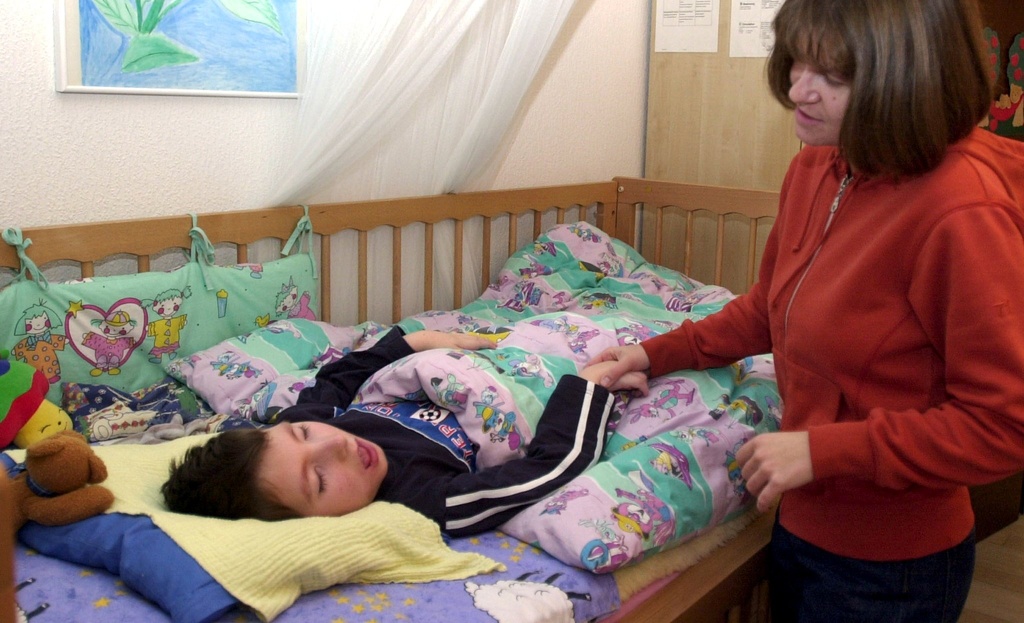
An assistance policy rolled out nationally from January 1 is a blessing that has been a long time coming for Swiss families affected by disability.
The policy provides disabled people with funds to employ personal assistants to carry out tasks specific to their needs and has been the norm for more than two decades in places such as Scandinavia, the United States, Britain and the Netherlands, for example.
For Peter Wehrli, the seven hours of paid assistance per week that his wife is able to access has changed their lives. Disabled from childhood, Wehrli’s wife recently suffered a deterioration in her physical capabilities which left her unable to accomplish the most basic tasks.
“Suddenly she was dependent on more help, like for instance taking a shower, dressing herself, preparing the food, shopping. For her, the assistance is saving her. Without it, she couldn’t live at home anymore,” says Wehrli.
There are other things, too, which would be impossible to accomplish without help.
“We have two grandchildren who come to us, and because my wife has a personal assistant she can fulfil her role as a grandmother and this is very important too. She tells the assistant to pick up the baby from the floor and put it on her knee, to warm the bottle and things like that.”
The financial support is available to people with any type of disability – physical, mental or psychological – providing they are able to meet certain criteria centred around their ability to live autonomously at home.
In many cases the assistant, who will be paid around SFr25 ($27.20) per hour, will be called upon to perform the most intimate of tasks – changing sanitary items, toilet duties, showering, dressing.
But the essential point, says Wehrli, director of the Centre for Independent Living in Zurich and himself dependent on a wheelchair to get around, is that the policy empowers disabled people to take charge of their own lives.
“The idea that people with severe disabilities have to be in special places where they are taken care of – or as I say, where they are maintained like a car – this time is over,” he emphasises.
“What we are doing now is giving people their own resources so they can manage their lives themselves. It’s going out of dependency and becoming a full citizen.”
Home, sweet home
For disabled children and their families, the effects of the new policy are perhaps even more profound, says Dominique Wunderle, director of the programme for Cap-Contact Association in French-speaking Switzerland.
Wunderle points out that in canton Valais, where the assistance policy was trialled for several years, the availability of services for disabled children in remote mountainous areas can be scarce, meaning that in the past children were often sent to board in special facilities far from home.
“For children, the assistance allows them to stay amongst their family with their brothers and sisters, to go to the public school and be integrated scholastically,” Wunderle says, adding that the trial programme has been a big success.
“We know that if you can be integrated into the local school, stay in the environment that you know, it improves your chances of being integrated in a professional environment later.”
Wehrli says he has observed “wonderful” changes in personalities as people once more used to passively accepting the care imposed on them in institutions, have benefited from the contact with everyday society.
“When you have personal assistance, you are forced to go out and do the shopping, you are forced to deal with the different bureaucratic offices. People suddenly start to feel responsible for themselves and to have the self-esteem to believe that they are capable of taking care of themselves,” Wehrli says.
A new workforce
It’s not all a bed of roses though and one of the most difficult aspects for people to learn is how to become a good employer.
Aside from the administrative aspect which is just as onerous for a disabled employer as it is for anybody else, creating a respectful working relationship that works for both employer and employee is often unchartered territory for both.
“The fact that this personal assistant is so intimate; how can you be the boss of someone who has to wipe your arse in the morning? It’s not easy to have the correct distance, the correct closeness for both sides,” says Wehrli.
“Assistants need a special combination of discretion; of being aware of what’s happening without interfering. It’s not easy to find these people and it’s not easy to train them. We find it is better to employ people who have absolutely no medical training because at least they listen.”
Wehrli says that during the trial period, peer support groups proved to be an important part of the learning process as people adapted to their new lives as autonomous employers. He admits that there have been some slip-ups in which people have wanted a more “personal” assistant.
“Very soon the employees don’t come anymore and this man sees by himself that his life becomes very difficult. Others who are good employers, keep their employees, some even come if they can’t pay them because there is a good relationship there,” he said.
Another major hurdle, Wunderle points out, are the restrictions on who is eligible to receive an assistance budget. Children unable to go to the local school are ineligible, as are adults subject to guardianship living with their parents, although those living away from home are not.
“For us, it’s taken 20 years to get to this point! It’s a system that they have had in place for a long time in other countries and Switzerland has taken some time to put it in place,” says Wunderle.
“But it’s a big step we have taken in Switzerland which has provided a real choice between life in an institution and a life at home.”
The assistance budget programme was first trialled from 2006 in cantons Basel City, Valais and St Gallen with about 220 participants. The aim was to provide supplementary financial assistance for people to employ help on a daily basis in the home.
Evaluated in 2007, a quarter of those participating in the initial pilot programme were children. The amount of financial assistance provided depends on the individual needs of each person.
On average, participants received SFr1,313 per month in cases of the least severe disability, rising to SFr3,400 for those with more severe disabilities, and about SFr7,588 per month for those with very severe disabilities.
According to the Federal Social Insurance Office, the “model of assistance tested was of great use for the people concerned. It largely supported their autonomy and their social integration, while relieving the burden on their loved ones. The fact that help at home was better covered contributed to the avoidance or delay of institutionalisation and helped others to leave such institutions”.

In compliance with the JTI standards
More: SWI swissinfo.ch certified by the Journalism Trust Initiative
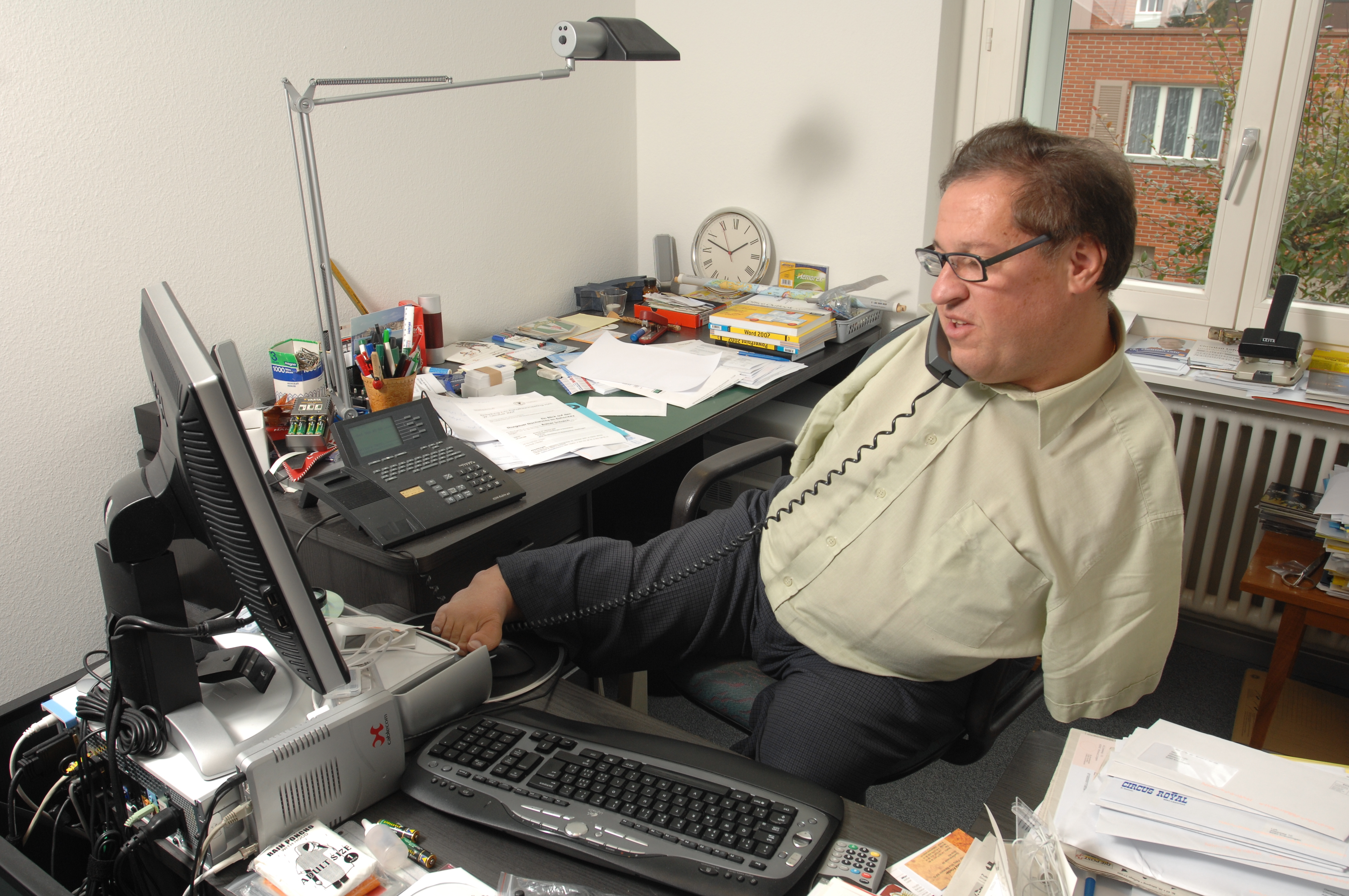
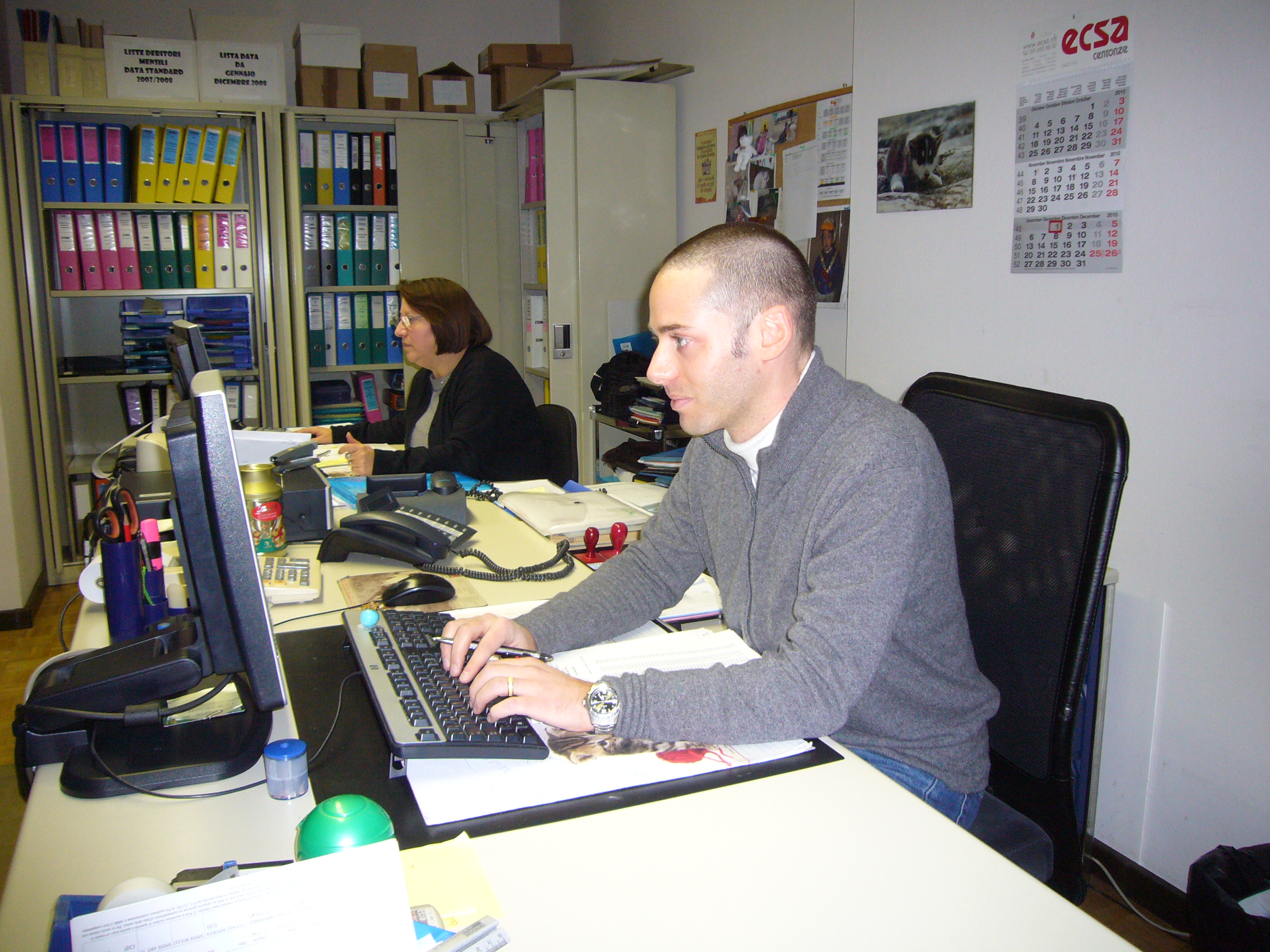

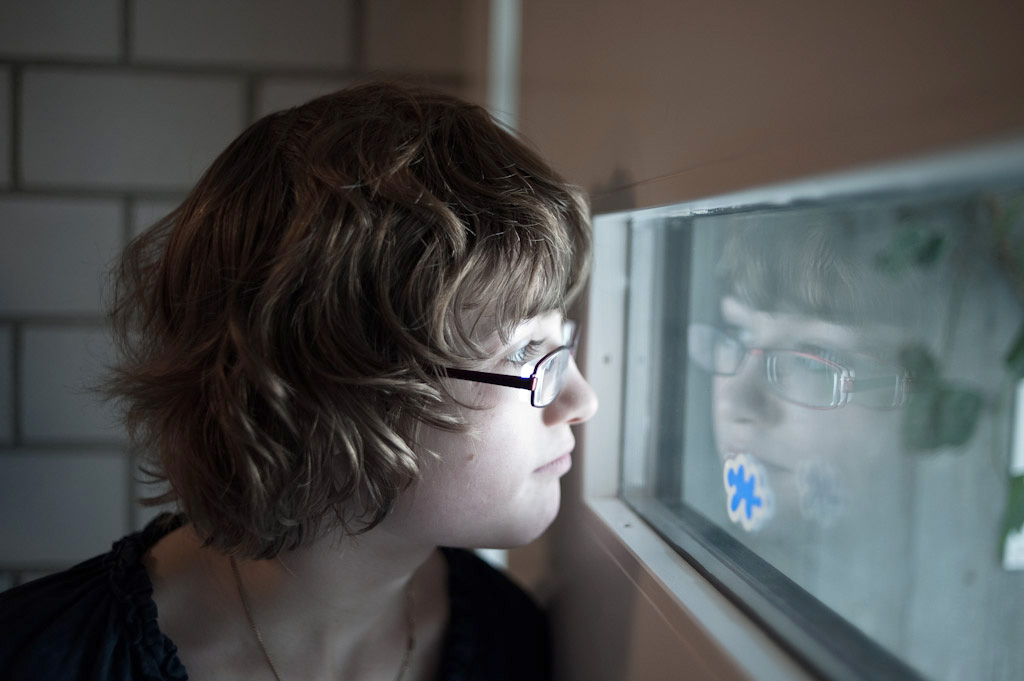
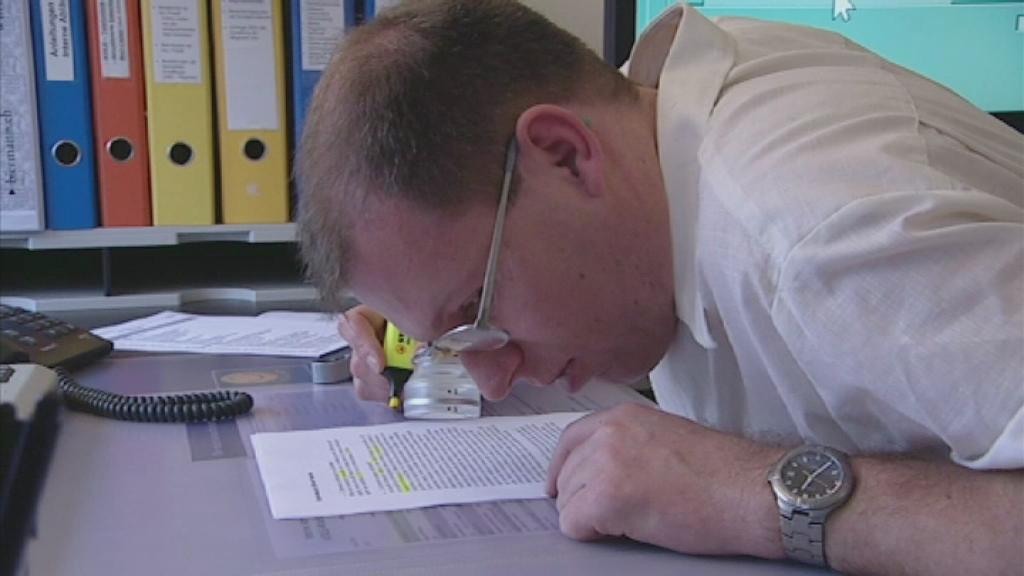
You can find an overview of ongoing debates with our journalists here. Please join us!
If you want to start a conversation about a topic raised in this article or want to report factual errors, email us at english@swissinfo.ch.